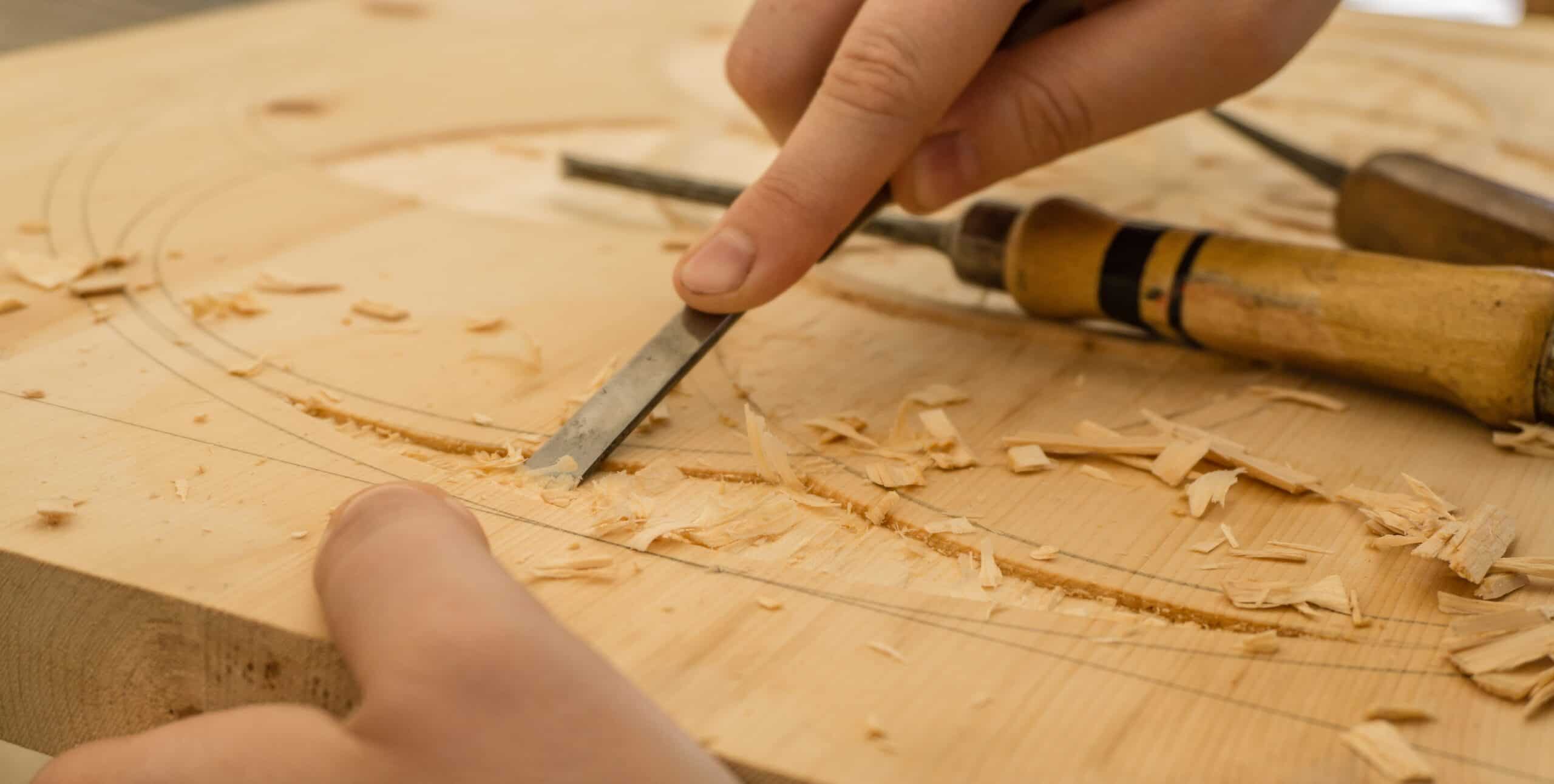There’s an interesting article I read recently about the notion of how to master a craft, and I was thinking about it in the context of the way we manage crises.
In the article, Julian Shapiro notes that becoming a craftsperson requires more focus on the process than the output: the process is rewarding enough. That contrasts with a mechanic, who’s focused on finding a solution to a problem. The output is their reward.
https://youtu.be/rUxtNEIA7VoSo this begs the question, ‘should you be a crisis craftsperson or a crisis mechanic?’
I thought about how we provide services to clients in critical moments or crises: do we want to be craftspeople, refining and improving what we do so that the process of improvement is the reward? Or are people simply looking for mechanics where the output is the reward?
And I think the answer is ‘it depends’ because this is the distinction between crisis response and crisis readiness.
If we find ourselves in a critical moment or crisis, the requirement is to solve the problem and get our organizations out of trouble. So in these crisis response situations, we need to be mechanics. We need to diagnose and fix the problem before moving on to the next one. Mechanics have a bias towards execution and getting things done.
But I think in crisis planning and becoming ready for crises, we need to be constantly thinking about the process of improvement. We need to understand the risks that could impact our organization and think about our team, culture, chain of command, and what we stand for. And we need to be refining those things constantly: we need a bias towards improvement.
Therefore the answer to the question I started with is both: you should be a craftsperson when you’re becoming crisis resilient, but a mechanic when it’s time to respond.
It’s in the ongoing pursuit of crisis preparedness that we need to be craftspeople. We need to be constantly seeking to improve the process, and improving that process is the reward.
So I encourage you to read Julian’s article and think about your approach to crisis readiness, crisis planning, and how you’re going to grow your reputation.
But, for me, it’s by approaching things like a craftsperson.
Photo by Dominik Scythe on Unsplash


